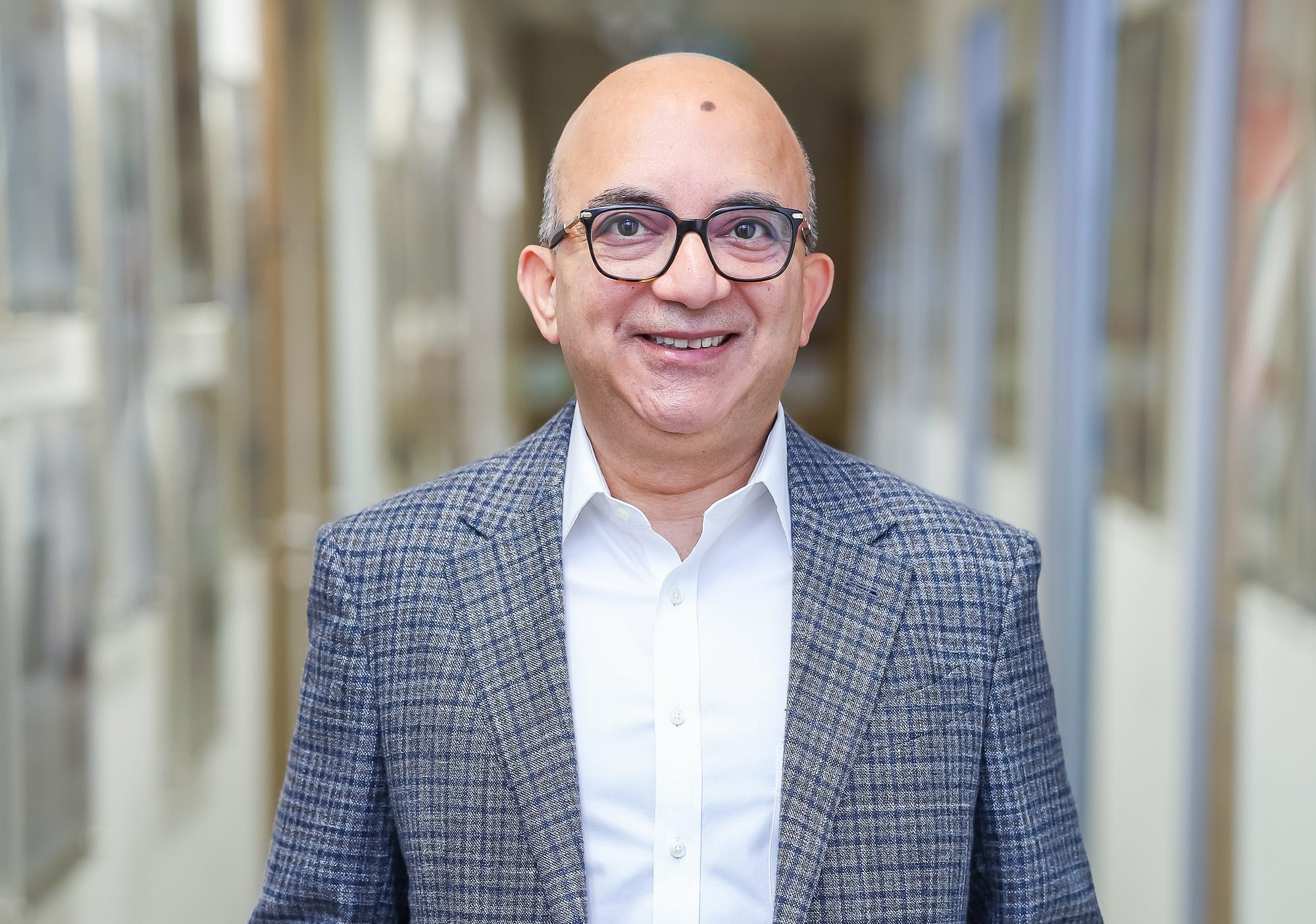The steward leader: How HR can drive purpose and profit in 2025 and beyond
- Josephine Tan

“The HR leaders of the future will not just manage change—they will actively shape it,” – Rajeev Peshawaria, CEO of the Stewardship Asia Centre (SAC)
The world of work is transforming at an unprecedented pace. Technological disruption, evolving employee expectations, and a growing emphasis on sustainability are reshaping the landscape, placing immense pressure on HR leaders to adapt and innovate. As 2025 unfolds, a new leadership model is emerging – Steward Leadership – and it is poised to revolutionise how HR navigates these challenges.
Rajeev Peshawaria, CEO of the Stewardship Asia Centre (SAC), believes that traditional leadership models, often focused on top-down directives and prioritising shareholder value “at any cost,” are no longer sufficient. “Steward leaders see themselves as stewards of planet Earth and humanity and strive to create superior shareholder returns by solving environmental or social challenges,” he told HRM Asia.
This shift in perspective necessitates a long-term approach, placing innovation at the heart of profit strategies and ensuring business success goes hand-in-hand with the wellbeing of employees, communities, and the planet.
So, what exactly is Steward Leadership? Peshawaria outlined four core values that underpin this approach: interdependence, a long-term view, ownership mentality, and creative resilience. These values, when embedded into decision-making, bridge the gap between purpose and profit, fostering organisational resilience and longevity.
Aligning employee expectations with organisational goals
The workplace is evolving, and so are employee expectations. “The evolution of work is driven by a shift in employee values, from job security and compensation to meaning, flexibility, and wellbeing,” said Peshawaria. “Steward Leadership offers a framework to align these expectations with business goals.”
Three key areas HR leaders must focus on include:
- Purpose-Driven Cultures: Employees increasingly seek organisations that contribute to a collective better future. Organisations that clearly define and demonstrate their stewardship purpose will attract and retain top talent.
- Sustainable Flexibility: Remote work is no longer just a perk—it is a key factor in employee engagement. “Steward leaders balance flexibility with business needs by fostering trust, autonomy, and clear accountability,” he noted.
- Holistic Wellbeing: Mental health, inclusivity, and work-life balance must be embedded into organisational values, ensuring employees thrive rather than just survive.
Peshawaria continued, “By integrating Steward Leadership values, HR leaders can transform workplace culture into one that is both human-centric and aligned with long-term business success.”
The rise of AI and automation presents another critical challenge. Peshawaria highlighted the importance of “Ethical Integrity,” which goes beyond simply following the law. “Ethical Integrity requires leaders to ask about ethical consequences to society and environment before implementing growth and profit strategies,” he asserted.
HR plays a crucial role in ensuring that digital transformation enhances, rather than diminishes, the human experience. This includes fostering a culture of ethical integrity and prioritising upskilling initiatives to equip employees for the future of work.
“HR must ensure that workforce development is not just a short-term fix but a long-term investment in people,” he advised. “By championing a stewardship-driven approach, HR can turn technological disruption into an opportunity to build a more adaptive, ethical, and people-first organisation.”
Looking ahead to 2025 and beyond, Peshawaria believes that HR leaders will need to embrace a new set to leadership traits. At the core is the Steward Leadership mindset, embodying a genuine desire to create a better future for all stakeholders. “HR is essential in fostering an authentic corporate culture,” he stated. This involves curating and upholding genuine values, ensuring that initiatives like diversity, equity, and inclusion (DE&I) are integral to an organisation’s identity, not just corporate rhetoric.
He also pointed to the growing trend of integrating sustainability and HR. “Too many HR departments focus on basic sustainability efforts like promoting carbon-conscious travel, encouraging the use of reusable lunch boxes or reducing office energy consumption, failing to appreciate the deep aligning between sustainability and HR strategy,” he observed. He cited Singtel as an example of an organisation breaking this mold by merging the people and sustainability agendas under one leadership role.
“The HR leaders of the future will not just manage change—they will actively shape it,” Peshawaria concluded. “By integrating Steward Leadership values into their leadership approach, HR professionals can help organisations build workplaces that are not only more resilient and long-term profitable, but also more aligned with the needs of the business, employees, society, and the world at large.”
The conversation around these critical HR issues continues at HR Tech Asia, where Sunil Puri, Senior Vice-President, Head of Research and Engagement, Stewardship Asia Centre, will be sharing insights on a panel discussion DE&I Global Perspective: Moving to an Inclusion-First Mindset. The session will delve into championing DE&I efforts, connecting with employee needs, and exploring intersectionality beyond mere compliance.
Don’t miss this opportunity to learn from leading experts and shape the future of HR. Learn more and register for HR Tech Asia at https://www.hrtechfestivalasia.com/.






